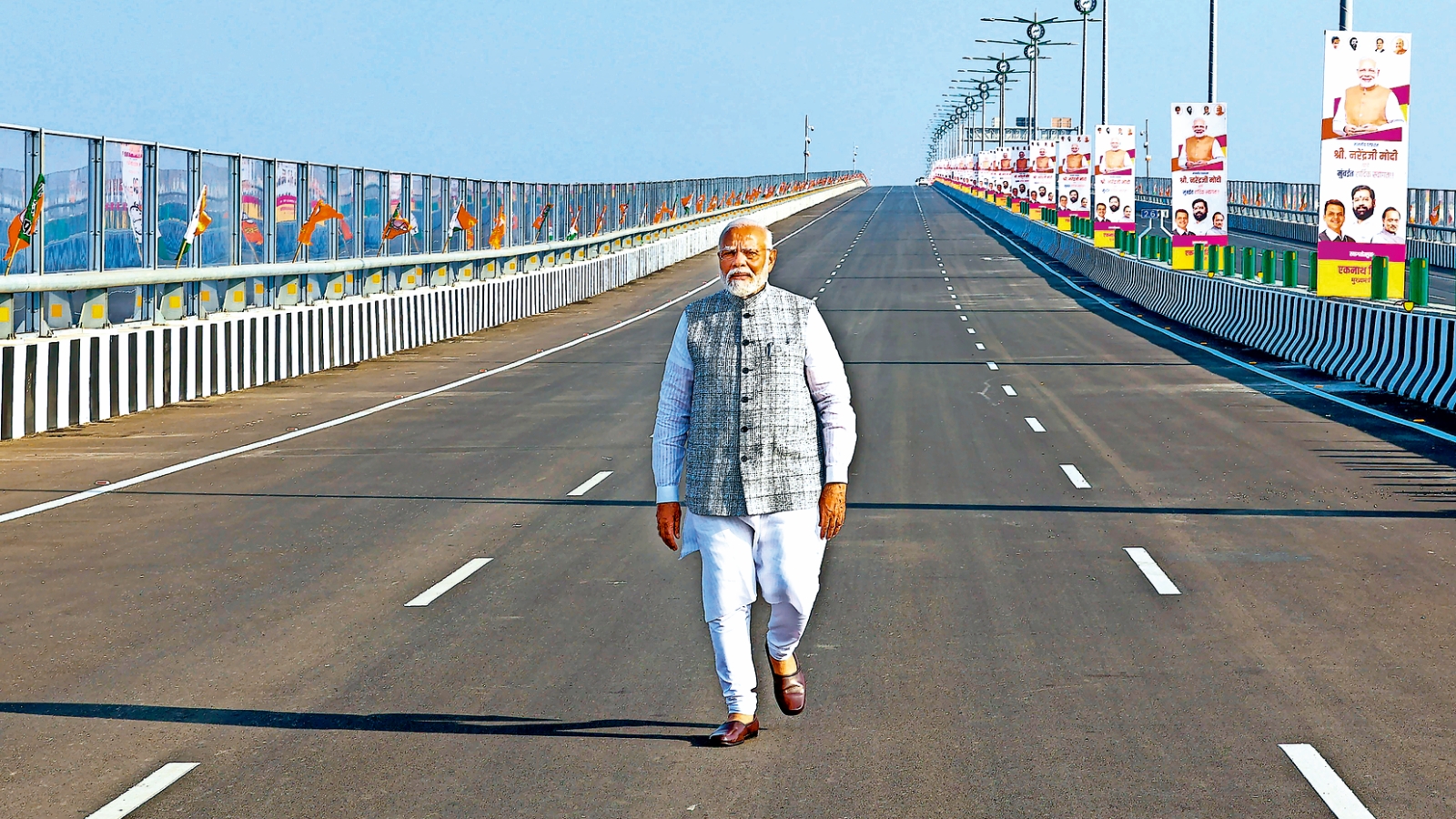Prime Minister Narendra Modi will leave for Italy on Thursday to attend the 50th G7 leaders’ summit. It will be his first trip abroad after assuming charge as the Prime Minister for the third term.
Modi, accompanied by a high-level delegation, will attend an outreach session on the summit on June 14. The session will be focused on issues relating to artificial intelligence, energy, Africa and the Mediterranean.
Foreign Secretary Vinay Kwatra said it will be a bloc agenda item where the G7 and the Outreach Countries would share their views and perspective.
The G7 leaders’ summit, to be held in the luxury resort of Borgo Egnazia in Italy’s Apulia region from June 13 to 15, is expected to be dominated by the Russia-Ukraine was and the Israel-Hamas conflict.
PM Modi will attend the G7 summit for the fifth time in a row. India has attended 10 G7 summits in the past; this will be the 11th one.
“India’s regular participation at the G7 summit clearly points to increasing recognition and contribution of the efforts that India has been making in trying to resolve global challenges, including those of peace, security, development and environment preservation. India’s participation at this G7 Summit acquires particular salience in context of India’s recently held, not so recent, presidency of the G20, where India took a leading role in building global consensus on a number of contentious issues… At G7 also, we have always brought the issues of the Global South to the forefront,” said the Foreign Secretary.
The G7 summit under the Italian presidency has chosen some key priorities for the current year. In broad terms these are — first, conflict in Russia-Ukraine, Middle-East, with its consequences on the global agenda; second, relationship with developing nations and emerging economies with focus on Africa and the Indo-Pacific region; third, migration, together with climate energy linkages and food security; and last but not the least, artificial intelligence.

“Prime Minister’s participation in the G7 summit would also provide a timely opportunity to follow up on outcomes of the G20 summit held under India’s presidency last year, and deliberate on issues which are significant for the Global South,” Kwatra said.
On the sidelines of the G7 summit in Italy, the Prime Minister is also expected to hold bilateral meetings and discussions with the leaders of the G7, as also the Outreach Countries and international organisations.
The G7 (Group of Seven) comprises the US, the UK, France, Italy, Germany, Canada and Japan. Though the European Union is not a member of the G7, it attends the annual summit. Besides India, Italy — as G7 presidency — has also invited Algeria, Argentina, Brazil (also a member of the G20 Troika), Egypt, Kenya, Mauritania (also holds the African Union presidency), Saudi Arabia, South Africa (G20 troika), Tunisia, Turkey, UAE and some international organisations, including the United Nations.
The Prime Minister is also expected to hold a bilateral meeting with his Italian counterpart Giorgia Meloni. The two Prime Ministers last met during the COP28 Summit in Abu Dhabi in December 2023. During her State visit in March 2023, India-Italy relations were upgraded to strategic partnership with focus on defence, Indo-Pacific, energy, science and technology.
“In the meeting with the Prime Minister of Italy, the two PMs are expected to review the entire gamut of bilateral ties and give directions for next steps. Other bilateral meetings between the Prime Minister and the other world leaders present at the G7 summit are being scheduled,” Kwatra said.
Asked about the Russia-Ukraine conflict becoming a topic of discussion, the Foreign Secretary said, “Naturally, Russia-Ukraine conflict is one of them… We have always maintained that dialogue and diplomacy is the best option. You would recall the Prime Minister’s own statement that today is not an era of war, which found widespread appreciation and recognition.”
Kwatra talked about the consequences of war, including its derivative impact on food, fuel and fertiliser availability, challenges to global supply chains and disruptions in the global economy.
“We have always been in the forefront to talk about not just the conflict, the need for dialogue and diplomacy but also the way the conflict is impacting the priorities and interests of the developing countries,” he said.











